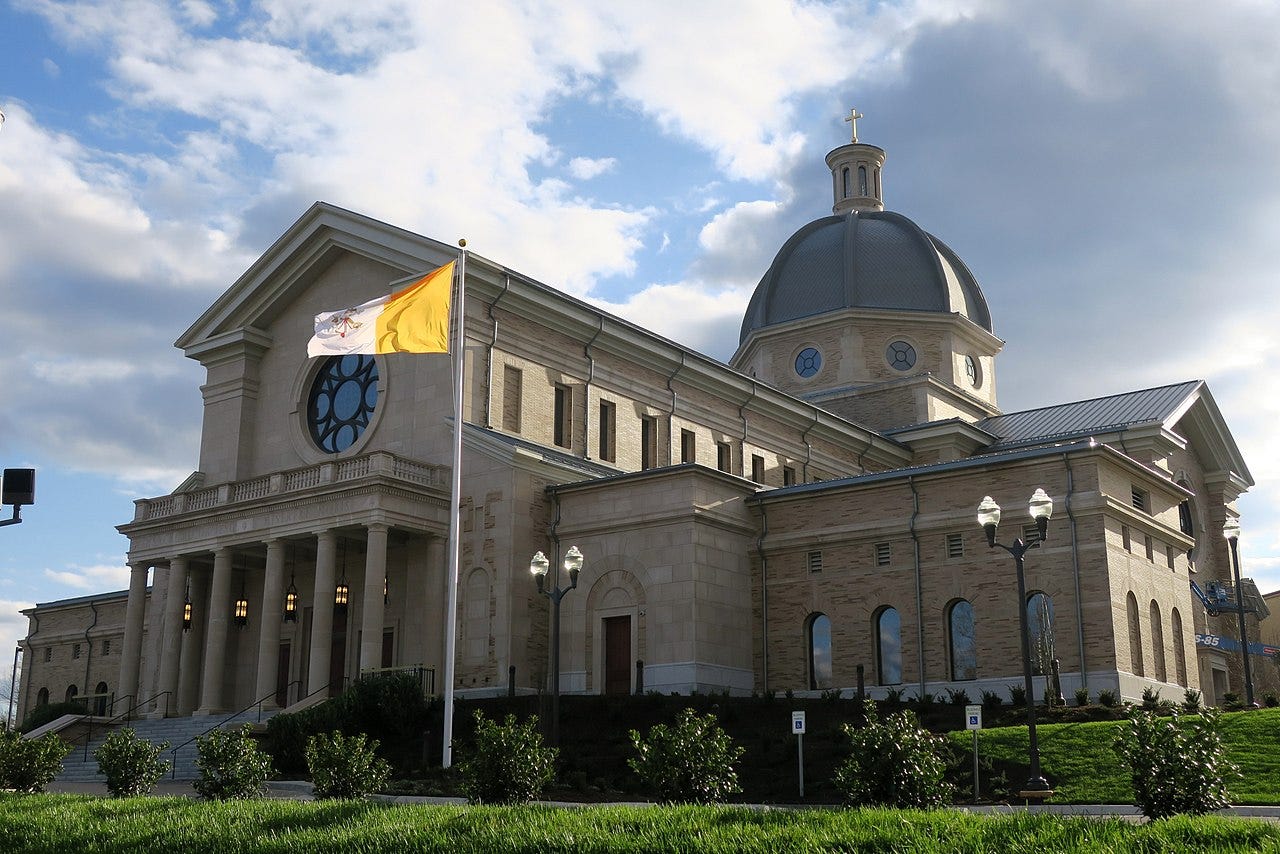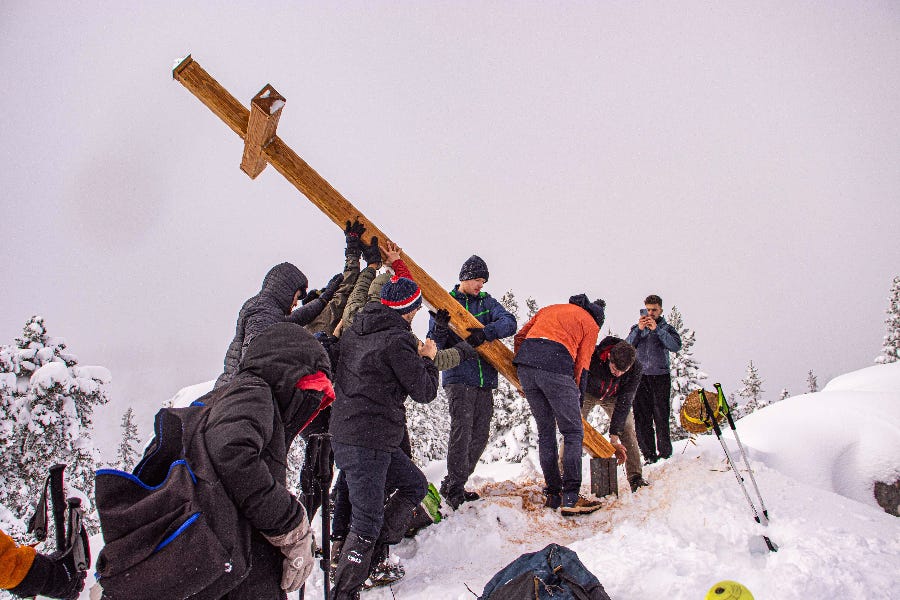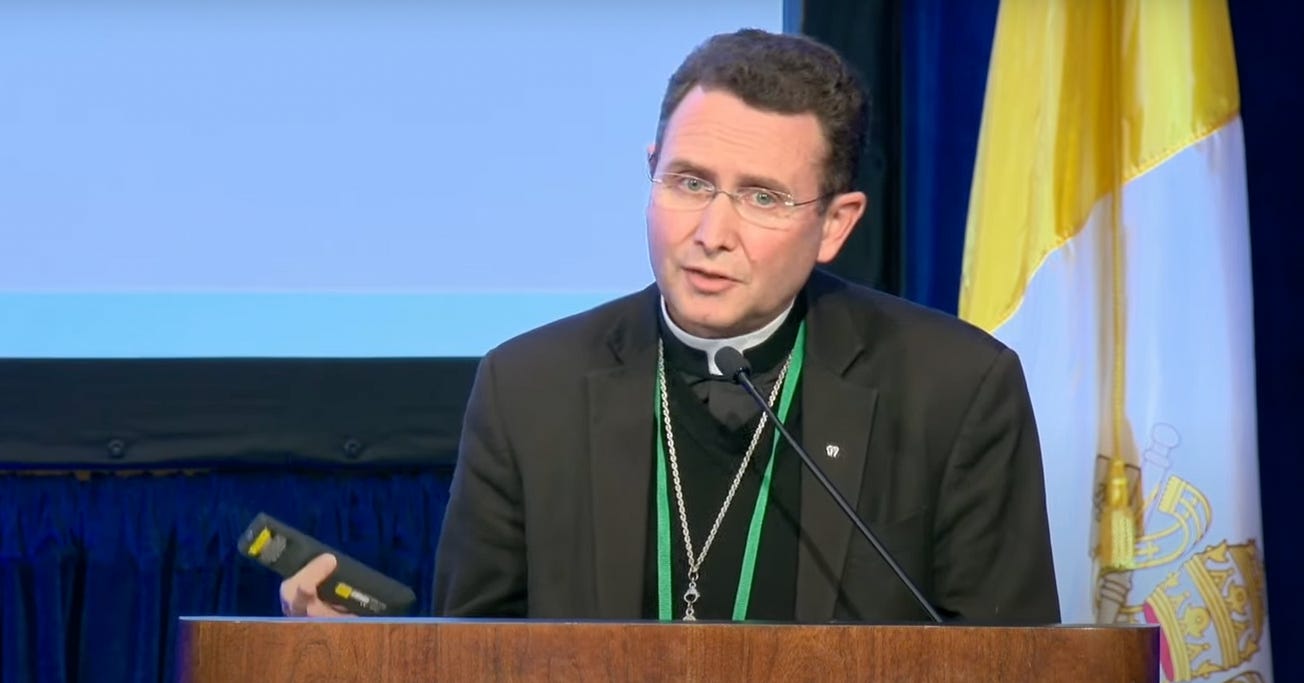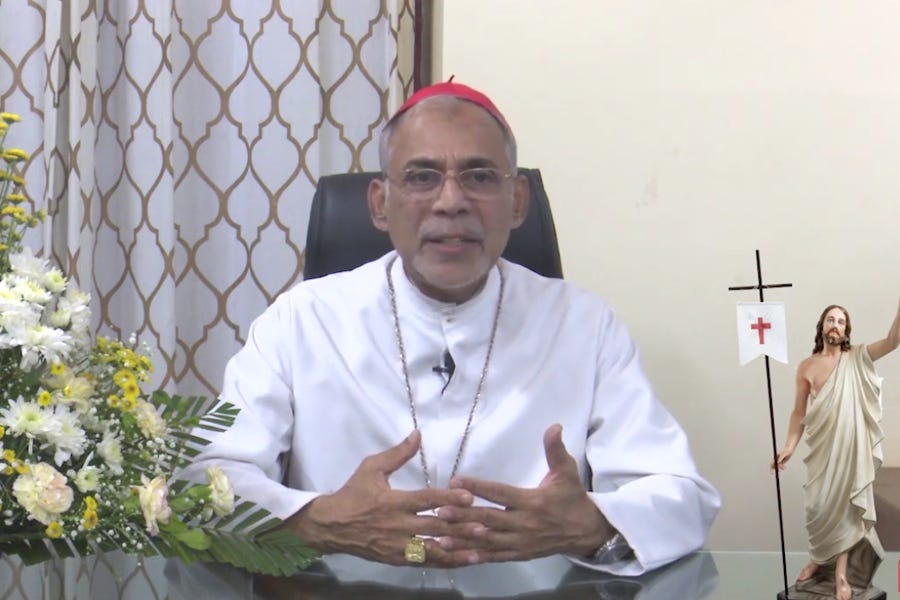Paycheck Protection Program money distributed to seven parish elementary schools in the Diocese of Knoxville, Tennessee, will be subject to a 25% diocesan tax, parish administrators learned last month.
But the process of imposing the diocesan tax raises questions about its canonical validity, which could become subject to Vatican review.
School-specific revenue is not usually taxed by diocesan bishops, and is not ordinarily subject to a diocesan tax in the Knoxville diocese.
But a May 24 memo notified pastors and other financial administrators that a tax had been approved in the diocese on “savings in school-related expenses from PPP forgiveness” at seven parochial schools.
Canon law permits a diocesan bishop to “impose a moderate tax for the needs of the diocese upon public juridic persons subject to his governance; this tax is to be proportionate to their income.” The Church’s law requires that the diocesan bishop consult the finance council and presbyteral council before the tax is imposed.
The May 24 memo - obtained by The Pillar - told pastors that a tax of 25.06% - roughly equivalent to the diocesan tax rate on parish collection revenue - would be levied on Paycheck Protection Funds distributed in June 2021 to seven elementary schools in the diocese.
Sources in the diocese confirmed that those school parishes have received invoices for a new tax, amounting to 25% of their distributed PPP funds.
While the memo said the diocesan presbyteral and finance councils had “approved” the tax in recent months, several sources close to the presbyteral council disputed that account, saying that some members had no record of being asked to vote or provide input on the measure.
The memo itself explained to pastors that the tax was “approved” by the presbyteral council “via email.”
But that claim raises questions about the canonical validity of the tax.
Canon law requires that consultations with a presbyteral council ordinarily take place at a convoked, in-person meeting, “unless particular or proper law provides otherwise.”
The statutes of the Knoxville presbyteral council - obtained by The Pillar - make no such provision, and require that official business - including consultations - of the council be conducted at meetings, and only when a majority of members have formed a quorum.
“If counsel is required, the act of a superior who does not hear those persons is invalid,” canon 127 explains.
It is not yet clear whether any school pastor intends to make an appeal of the tax against Knoxville’s Bishop Rick Stika — the appeal would be heard by the Vatican’s Congregation for Clergy.
Canonists generally report that most successful appeals against episcopal administrative decisions argue that diocesan bishops failed to observe required canonical formalities before acting.
The Knoxville diocese has not responded to requests for comment. Sources told The Pillar that chancery officials were cautioned against speaking with the media about the tax.
The federal Paycheck Protection Program was launched in March 2020 to provide loans to businesses and nonprofits struggling to make payroll in the early days of the coronavirus pandemic. The loans could be converted into grants if 60% of the money was used to meet payroll expenses.
Catholic organizations - including dioceses, schools, parishes, and other non-profits - received at least $3 billion in PPP funds, the Associated Press reported in February 2021.
“Overall, the nation’s nearly 200 dioceses, where bishops and cardinals govern, and other Catholic institutions received at least $3 billion. That makes the Roman Catholic Church perhaps the biggest beneficiary of the paycheck program,” AP concluded.
At the time of the AP’s reporting, some commentators raised concerns that bishops might attempt to divert cash from its intended purposes to pet projects or centralized infrastructure. U.S. bishops pushed back on that suggestion, emphasizing that money was needed for payroll, especially in parishes and ministries where margins are thin.
But while parish schools across the country received the funds, it is not clear whether any diocese but Knoxville imposed a diocesan tax on the money.
The Pillar surveyed school pastors in 12 U.S. dioceses last week, and all reported that PPP school revenue had not been subject to any diocesan tax.
Catholic ministries in the Knoxville diocese received $7.2 million in PPP funding in 2020, the East Tennessee Catholic reported, with the Diocese of Knoxville receiving one allocation of $4.1 million intended to cover both diocesan employees, and those employed at most diocesan schools, including the seven parochial schools now subject to the diocesan tax. The funds were distributed to parishes and schools in June 2021, more than a year after the diocese received them from the federal government.
Shannon Hepp, Knoxville’s diocesan CFO, told the East Tennessee Catholic in August 2020 that “85 to 90 percent” of distributed PPP funds would be “used for payroll costs and 10 percent to 15 percent primarily on utilities during the covered period” — raising questions about how parishes should fund the 25% of the money now required to be remitted to the diocese.
“We spent this money last year on what it was intended for,” one school administrator told The Pillar. “I really don’t understand how I’m supposed to come up with a quarter of it now to pay the bishop.”
Two high schools in the diocese and one regional elementary school have not faced the PPP fund tax, though the diocese declined to explain how it decided which schools would be taxed.





